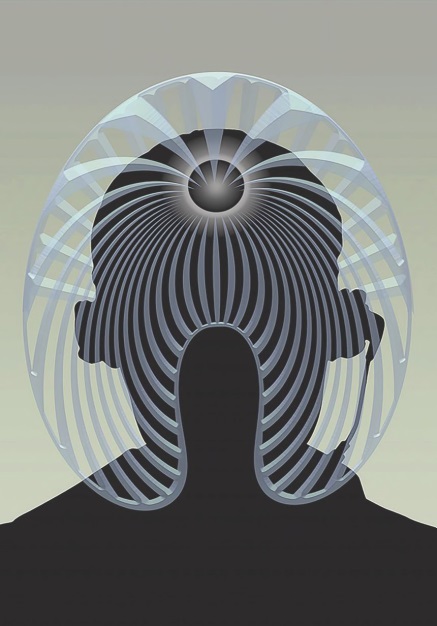On the Road to Recovery - Self-Discovery: The Crown Jewel of Psychotherapy
BY LORRAINE SILVETZ, MSW
Editors Note: EP continues its exploration of the effects of combat on servicemembers who have returned home and are attempting to cope with traumatic experiences while reintegrating into the daily life of family, community, and work. This series focuses on traumatic brain injury (TBI), post-traumatic stress disorder (PTSD), and related health issues. In this month's article, researcher Dr. Ralph DePalo explores the role that hope and spirituality can play in a servicemember's life by reviewing the literature which chronicles the findings of noted professionals working in the areas of hope and spirituality and the connection that these have to recovery. The article also examines hopelessness and its connection to depression. Understanding the psychological workings of the process of being hopeful or hopeless can help servicemembers cope with a newly acquired condition or disability. For family members, understanding hopefulness and hopelessness can shed light on what a loved one is going through so that more effective support can be offered.
Below are the words of a serviceman the author interviewed regarding previous excessive drinking and drug use, the origins of which sprang from his suffering from Post-Traumatic Stress Disorder (PTSD). When asked, "What made you pursue both individual psychotherapy and Alcoholics Anonymous?," he responded with the following:

TRAUMATIC BRAIN INJURURY PART SEVEN
“I was drinking to forget. I was drinking and using cocaine to get away from my feelings of anxiety and guilt. I knew somewhere within me that I had killed the enemy in Iraq out of duty to my country, but I still could not escape the look of terror in the eyes of my enemy right before I shot him. I don’t remember much after having shot him but there isn’t a day that passed that I did not relive the moment I killed that man. I cannot escape the horror of being so close to someone who was very much alive and in one shot, mine, he was gone. I did that. I destroyed a person. His family, his
loved ones, his friends—will never be the same. He was the only man whose eyes and terror I faced as I shot him. Any other acts of destruction did not impact me as this one did.
"I drowned my feelings of remorse in liquor, not to mention drugs. I didn't feel worthy to live. I should not have survived my enemy. Why should I be alive and he dead? It was seconds that separated his death from my own. As I rushed towards him I wondered, "Would I be predator or prey?" My saddest realization was when – on one long, cold night sitting in my home indulging in drugs and alcohol – I recognized not only was I the predator, but prey. Seeing this, I was now on a path of self-destruction… a mile wide.
“Thanks to God and my brother’s intervention, I met with an incredible therapist who recognized the pain that I was enduring. He insisted that to continue working with him, I’d have to attend Alcoholics Anonymous (A.A.). I felt ashamed to have to resort to that. He told me that I would not heal from what ailed me without a two pronged approach. I needed both individual therapy as well as group work, which he said can offer miraculous results. I have to tell you, without both forms of treatment, I would not be alive today.”